
In the profit-above-all-world of digitization and automation, ethics and the nature of professionalism seem to be in question and under attack from all sides. Will the new robots on the block provide the same expertise and multiple intelligences we expect from human experts? What can be done to preserve and strengthen the quality of our professions?
Today we begin a three-part blog mini-series on this topic with one of The Global Search for Education’s most popular contributors, Professor Howard Gardner. In the course of our series, Howard will discuss how all the professions and, in particular education, are affected by our rapidly changing world. He will also share his recommended steps on becoming a professional ethicist.
Howard Gardner has received numerous honors throughout his lifetime, including a MacArthur prize fellowship. He has honorary degrees from universities around the globe, and has been named one of the 100 most influential intellectuals by Foreign Policy and Prospects magazine for his work in the study and exploration of the theory of multiple intelligences. He directs The GoodWork™ Project, a large scale effort to identify individuals and institutions that exemplify good work.
In Part 1 of our three-part mini blog series, Howard will discuss why he decided to start a blog about ethics in the professional world and how he thinks ethics is being undermined today.

Howard, why a blog called “The Professional Ethicist”?
To begin with, Cathy, the title harbors a triple pun. Firstly, I don’t believe that there are such things as professional ethicists, except perhaps for the occasional philosopher. But I, along with many others, have been writing about the ethics entailed in various professions, from engineering to education. While it has improved recently, I have long been disappointed with the quality of the weekly New York Times column called “The Ethicist”. One day last year I experienced one of those A-ha moments: “I can do it better!
Cathy, to turn serious, I believe that the range of professions – from architecture to veterinary medicine, from education to the ministry, are vital and precious human inventions. At the core of each of these professions is a set of values that encompass integrity, service, and dis-interestedness, striving to do what is right independent of personal gain or loss. Sometimes the value is distinctly personal, for example, teachers have obligations to each of their students. At other times, the value veers toward the universal, for example, journalists have an obligation to pursue the truth, fairly and fearlessly.
Alas, I see the range of professions, here in the United States and abroad, as under severe strain, because of both internal and external forces. In launching my blog, I hope to explore the reasons for these pressures and the optimal means of dealing with them, thereby strengthening both the range and the quality of professions.
Do you think that robots with artificial intelligence could ultimately provide the expertise and multiple intelligences that we need from human experts?
It’s already clear that artificial intelligence can provide information that we used to secure from experts or that we had to look up ourselves. Just think about Siri, Encore, and the power of many other search engines. There is every reason to believe that these systems will continue to get ‘more intelligent’. As I am writing, the best “go” player in the world is struggling to compete successfully with a newly developed computational system.
I think we need to separate three issues. Firstly does the system reach its ‘answers’ in the same way that human beings do? This is the difference between ‘artificial intelligence’ and ‘human simulation. Secondly does the system manifest its intelligence? For many of us, there’s a big difference between typing a question on our pad, as opposed to conversing with a robot or avatar. The more that the robot resembles a human being, the more satisfying it will be to many individuals, although not to me! Thirdly can the computational system provide a recommended course of action that is as solid, or even more solid, than a well-trained professional? In a way that the client finds satisfying? For the foreseeable future (say a decade or two), I think that the answer is no. But I would add that for individuals who cannot afford to consult a professional, or for whom no professional is available, an artificial system will typically be much better than the recommendations of a friend or than common sense – which is all too often common non-sense.

Very interesting and so back to your blog. I believe you launched it last September?
Yes, I began my blog in a very quiet way. After writing half a dozen blogs, I wrote a major essay on the future of the professions (about 5000 words), posted it in early December, and sent it to two dozen colleagues. I was surprised and elated by the range and depth of the responses – both the 40 or so that have been posted and several that were sent privately. Contributors educated me about the similarities and differences between medieval guilds and modern professions; the undue power and secrecy of certain professional organizations; the different statuses and profiles of professions across Europe and Asia.
See http://www.thegoodproject.org/is-there-a-future-for-the-professions-an-interim-verdict/
Initially, I had planned to write a single blog in response. But so many vital issues were brought up that I am posting ten separate blogs in the coming months.
Why do you think the ethical foundations of all professions are being undermined?
The full range of professions are vulnerable because of three major factors. Firstly, a smugness that the value of professions is self-evident and can therefore be taken for granted. Secondly, the power of the marketplace which has induced many professionals across the professional landscape to chase the highest income rather than preserving the core of expert service; and finally, the digital media, which holds the promise – or the threat – of replacing many, if not most tasks formerly carried out by professionals.
Taken together, these three forces would suffice to destroy the professions. Further, it isn’t clear what entities/institutions/vocations could or would take their place. We could find ourselves without an investigative press; without fair-minded judges; without physicians who prescribe what is appropriate to each patient. These outcomes would be disastrous.
Join us next week for Part 2 of In Search of Professional Ethicists, in which Howard Gardner will focus on Ethics in Education.
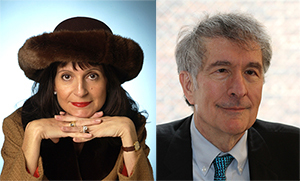
(All photos are courtesy of Shutterstock and CMRubinWorld)
Join me and globally renowned thought leaders including Sir Michael Barber (UK), Dr. Michael Block (U.S.), Dr. Leon Botstein (U.S.), Professor Clay Christensen (U.S.), Dr. Linda Darling-Hammond (U.S.), Dr. MadhavChavan (India), Professor Michael Fullan (Canada), Professor Howard Gardner (U.S.), Professor Andy Hargreaves (U.S.), Professor Yvonne Hellman (The Netherlands), Professor Kristin Helstad (Norway), Jean Hendrickson (U.S.), Professor Rose Hipkins (New Zealand), Professor Cornelia Hoogland (Canada), Honourable Jeff Johnson (Canada), Mme. Chantal Kaufmann (Belgium), Dr. EijaKauppinen (Finland), State Secretary TapioKosunen (Finland), Professor Dominique Lafontaine (Belgium), Professor Hugh Lauder (UK), Lord Ken Macdonald (UK), Professor Geoff Masters (Australia), Professor Barry McGaw (Australia), Shiv Nadar (India), Professor R. Natarajan (India), Dr. Pak Tee Ng (Singapore), Dr. Denise Pope (US), Sridhar Rajagopalan (India), Dr. Diane Ravitch (U.S.), Richard Wilson Riley (U.S.), Sir Ken Robinson (UK), Professor Pasi Sahlberg (Finland), Professor Manabu Sato (Japan), Andreas Schleicher (PISA, OECD), Dr. Anthony Seldon (UK), Dr. David Shaffer (U.S.), Dr. Kirsten Sivesind (Norway), Chancellor Stephen Spahn (U.S.), Yves Theze (LyceeFrancais U.S.), Professor Charles Ungerleider (Canada), Professor Tony Wagner (U.S.), Sir David Watson (UK), Professor Dylan Wiliam (UK), Dr. Mark Wormald (UK), Professor Theo Wubbels (The Netherlands), Professor Michael Young (UK), and Professor Minxuan Zhang (China) as they explore the big picture education questions that all nations face today.
The Global Search for Education Community Page
C. M. Rubin is the author of two widely read online series for which she received a 2011 Upton Sinclair award, “The Global Search for Education” and “How Will We Read?” She is also the author of three bestselling books, including The Real Alice in Wonderland, is the publisher of CMRubinWorld, and is a Disruptor Foundation Fellow.


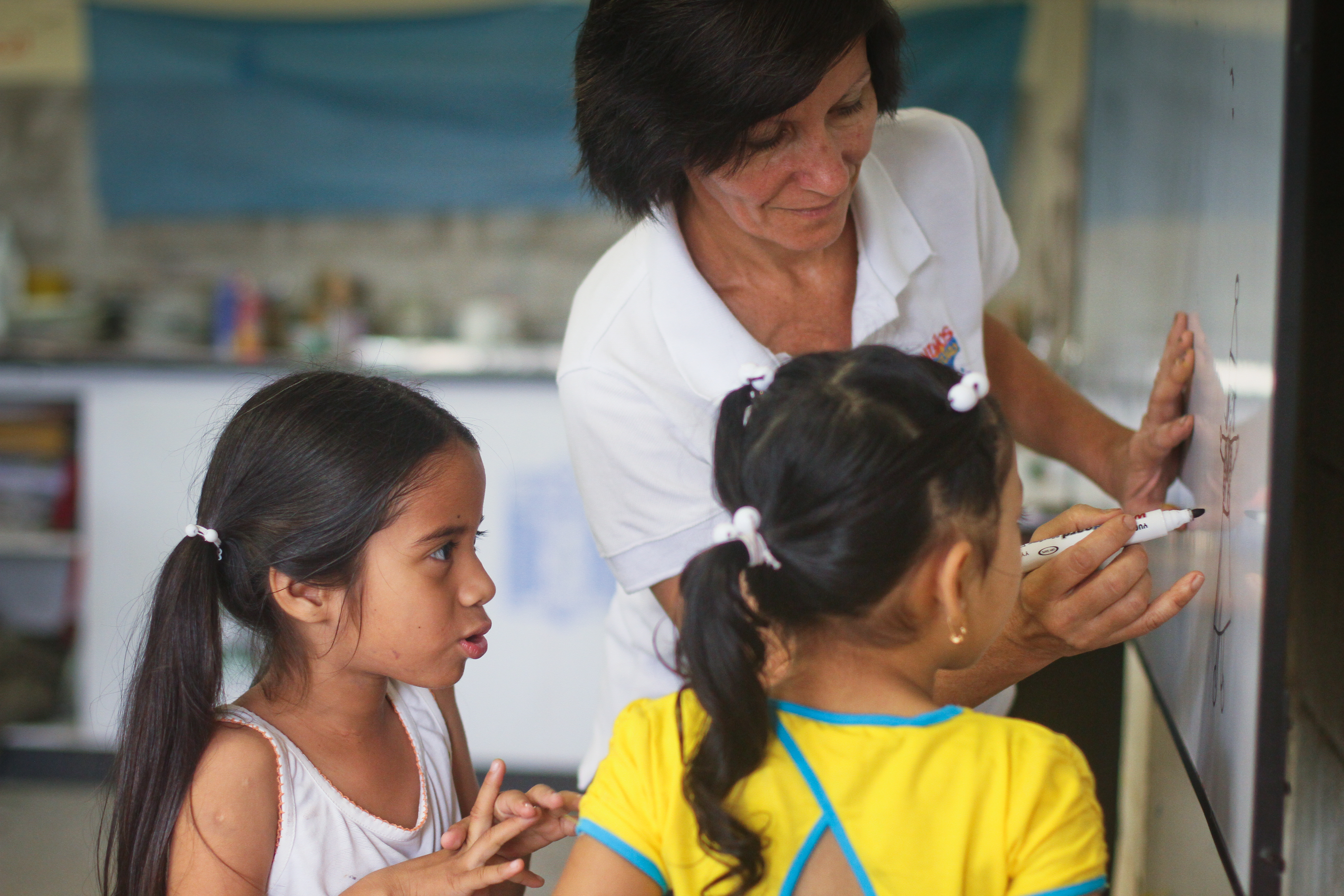
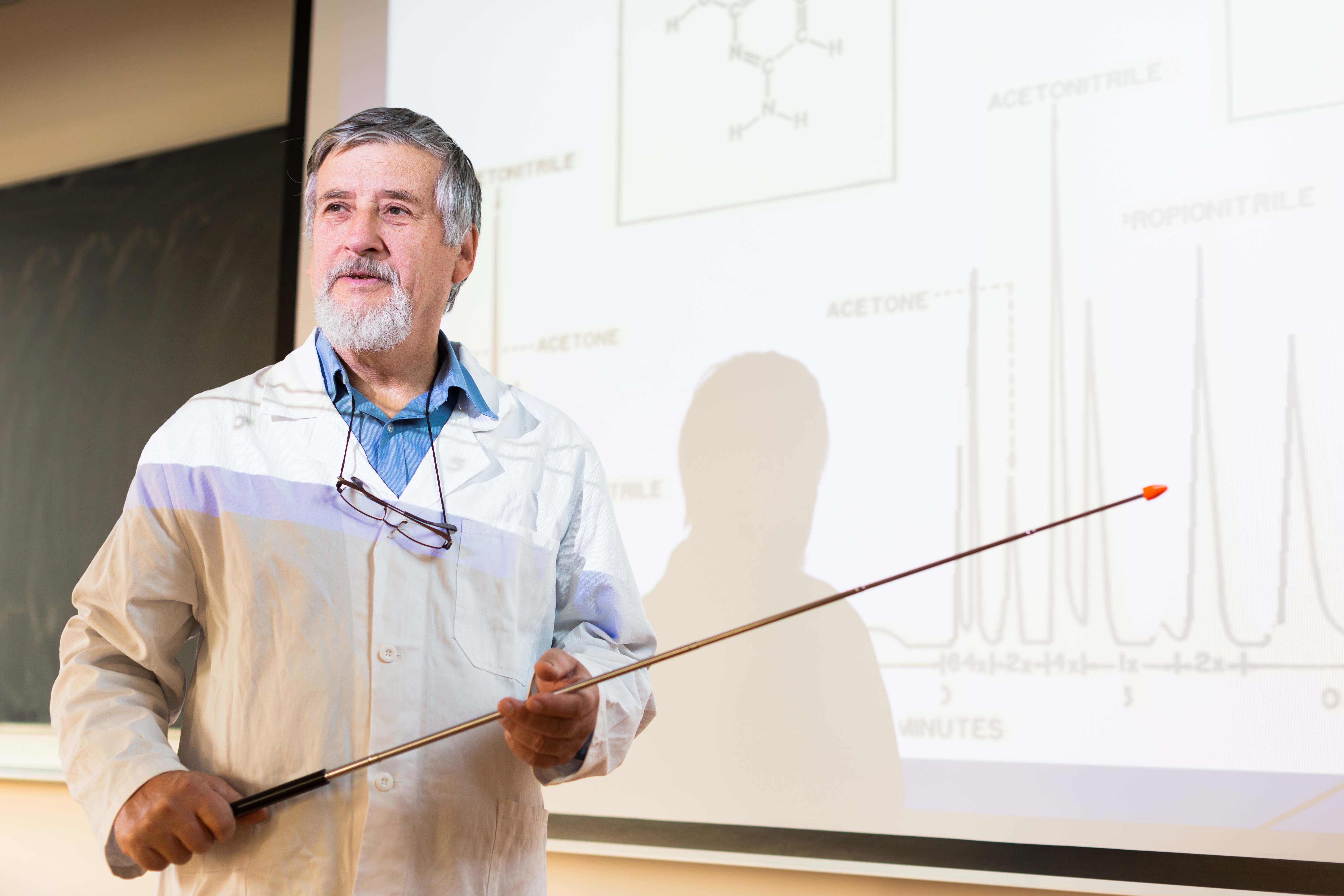
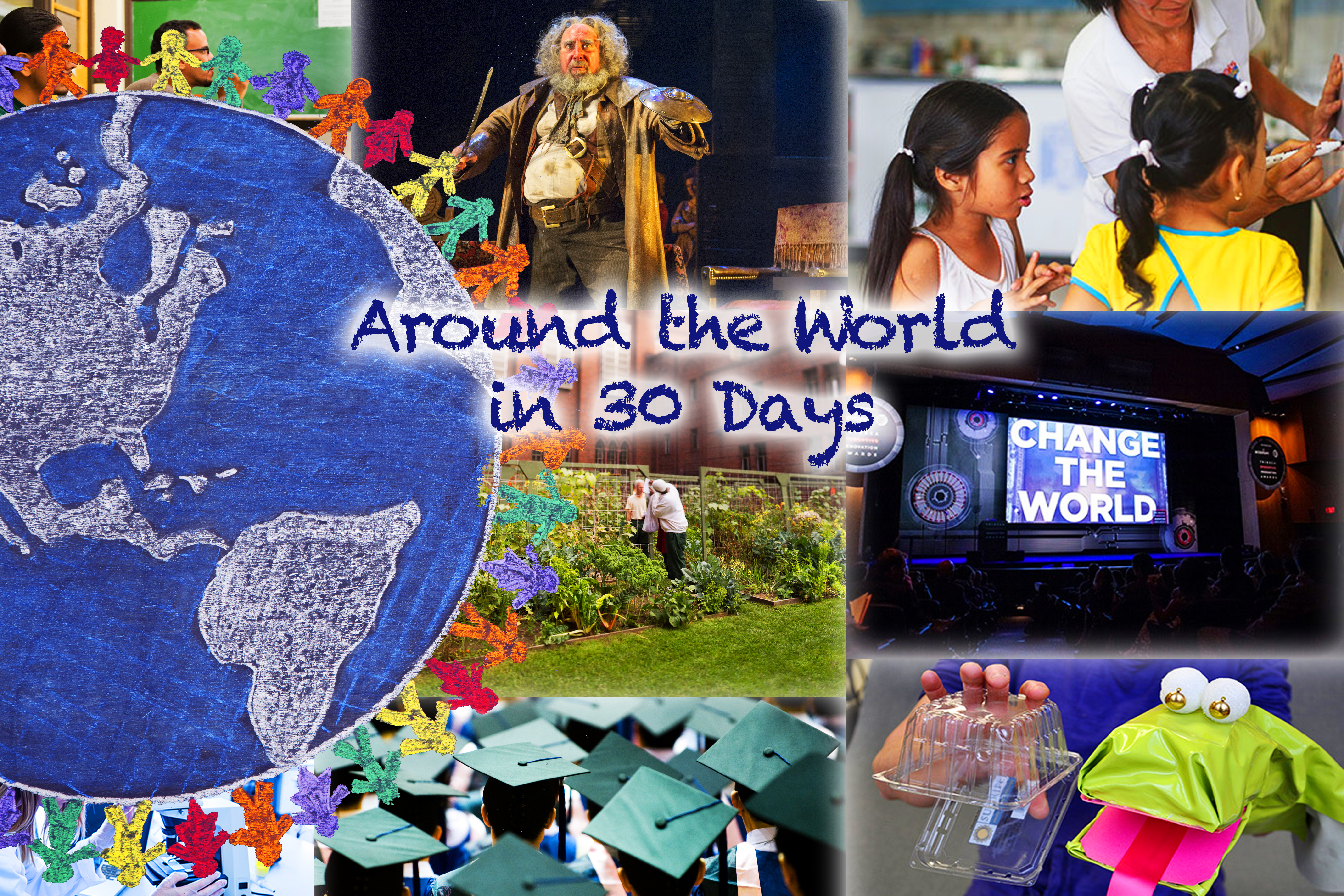
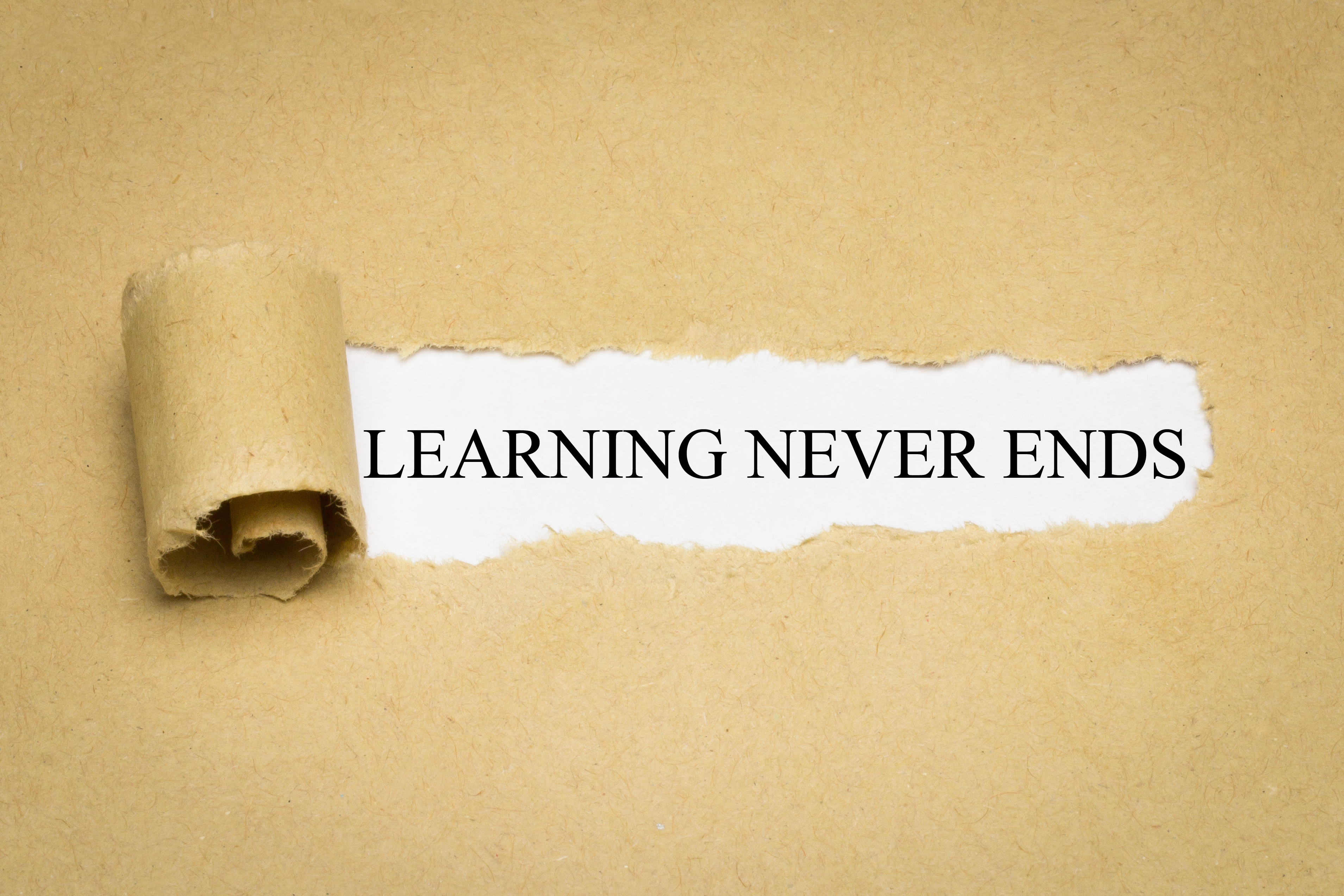
Recent Comments